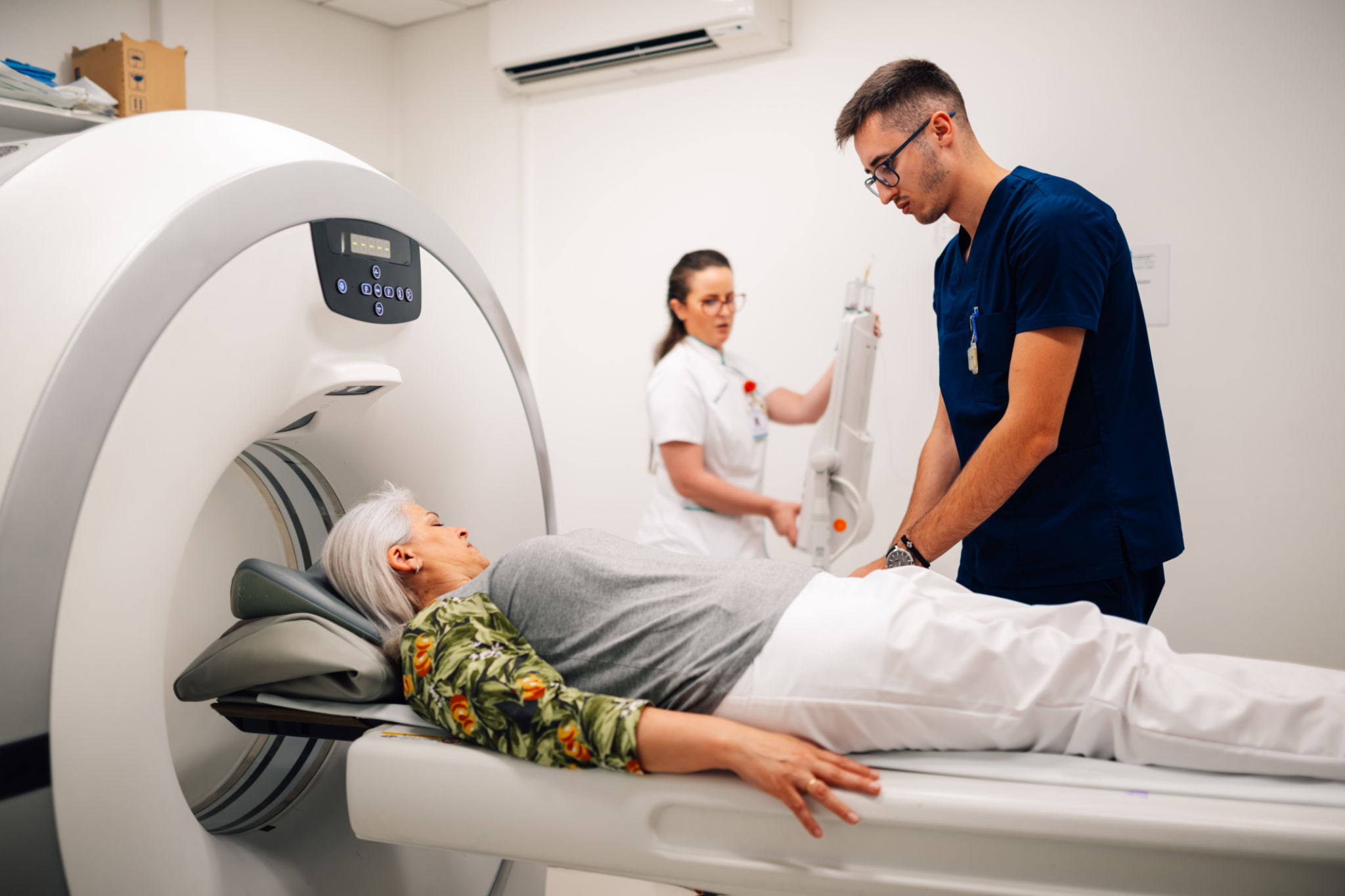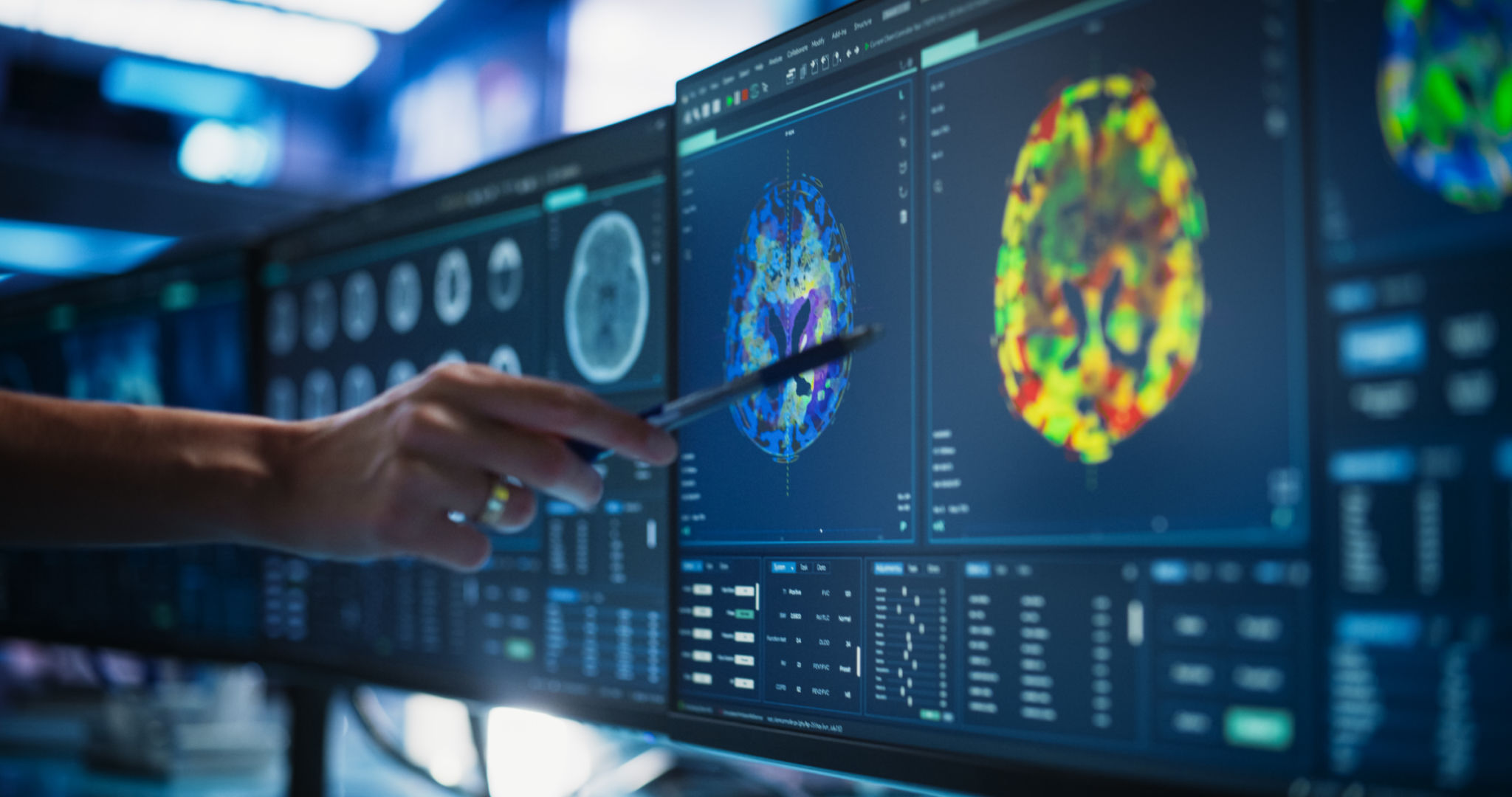The Role of MRI in Diagnosing Common Conditions in El Paso
Understanding MRI Technology
Magnetic Resonance Imaging, or MRI, is a cutting-edge medical imaging technology that plays a vital role in diagnosing a variety of health conditions. By utilizing strong magnetic fields and radio waves, MRI provides detailed images of the inside of the body, offering insights that other imaging techniques might not reveal. This non-invasive procedure is crucial for accurate diagnoses, allowing healthcare professionals in El Paso and beyond to tailor treatment plans effectively.
One of the standout features of MRI technology is its ability to produce images without using ionizing radiation, which is commonly found in X-rays and CT scans. This makes MRI a safer alternative for patients who require frequent imaging. The detailed images produced by MRI scans are particularly beneficial for examining soft tissues, organs, and the central nervous system.

Common Conditions Diagnosed with MRI
Neurological Disorders
In El Paso, MRI is often used to diagnose neurological disorders such as multiple sclerosis, brain tumors, and spinal cord injuries. The clarity and precision of MRI images allow neurologists to assess the brain and spinal cord in detail, leading to more accurate diagnosis and effective treatment strategies.
Musculoskeletal Injuries
MRI is also instrumental in diagnosing musculoskeletal conditions. Whether it is a sports injury or chronic joint pain, MRI scans can detect tears in ligaments, tendons, and cartilage. This detailed imaging helps orthopedic specialists in El Paso develop comprehensive treatment plans that may include physical therapy or surgical intervention.

The Process of Undergoing an MRI
For those who may be apprehensive about undergoing an MRI, understanding the process can ease concerns. Typically, patients lie on a sliding table that moves into the cylindrical MRI machine. During the scan, the machine makes loud tapping noises, which are normal and indicate the machine is working. Patients may be provided with earplugs or headphones to minimize noise.
The duration of an MRI scan can vary depending on the area being examined but usually takes between 30 to 60 minutes. It is important for patients to remain as still as possible during the procedure to ensure clear and accurate images are captured.

Advancements in MRI Technology
Recent advancements in MRI technology have further enhanced its diagnostic capabilities. High-field and ultra-high-field MRI machines offer even more detailed images, which can lead to earlier detection of diseases. Innovations such as functional MRI (fMRI) also allow doctors to observe brain activity by measuring changes in blood flow, providing valuable insights into neurological conditions.
Additionally, open MRI machines are becoming more popular in El Paso and other regions. These machines offer an alternative for patients who experience claustrophobia in traditional MRI machines, as they have a more open design while still providing high-quality images.
The Importance of Early Diagnosis
Early diagnosis through MRI can significantly impact treatment outcomes for various conditions. By identifying issues at an early stage, healthcare providers can initiate treatment plans sooner, improving the chances of successful recovery and management. This can be particularly crucial for conditions like cancer, where early detection can drastically change the prognosis.
In conclusion, MRI technology is an invaluable tool in modern medicine, providing detailed insights that are essential for diagnosing and managing a wide range of conditions. Its non-invasive nature and detailed imaging capabilities make it a preferred choice for healthcare providers in El Paso and around the world.

